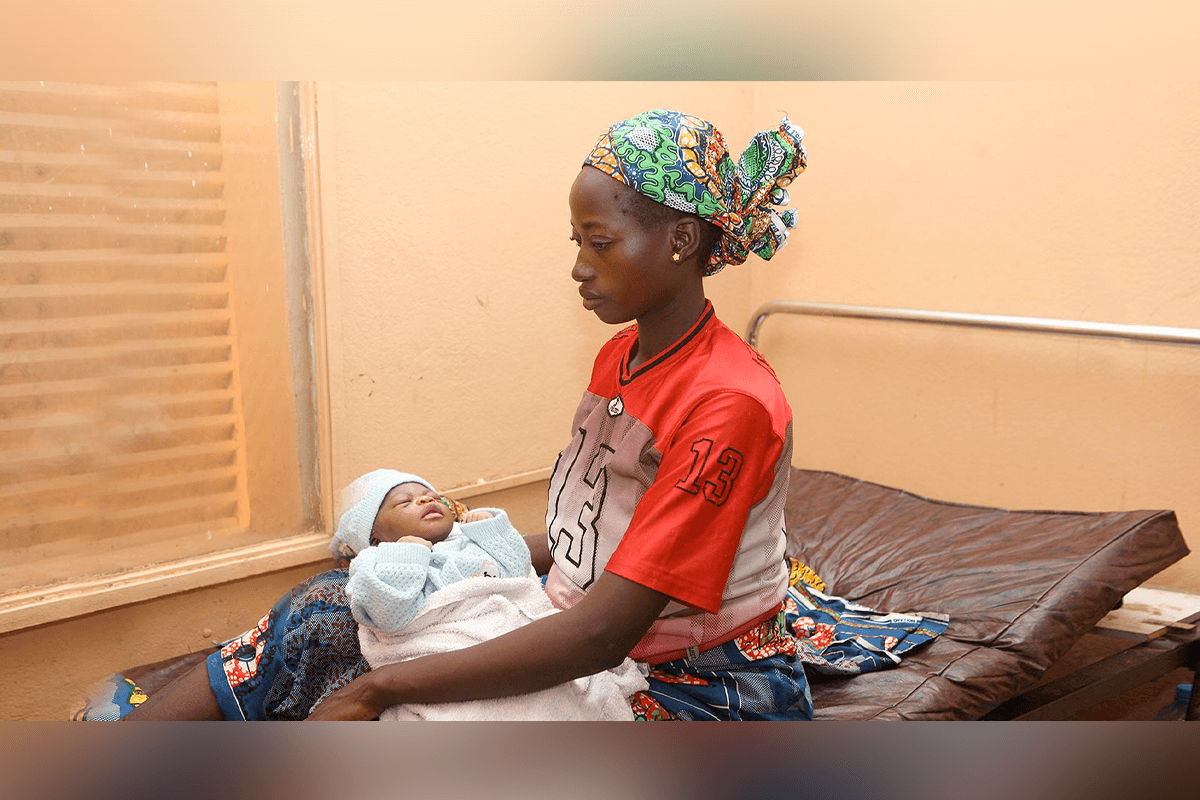
Parliamentary Secretary Law Dr Rubaba Khan Buledi of Pakistan gave an address at the International Conference on Population and Development, to the Provincial Consultative Workshop on a Voluntary National Survey. The workshop was organised jointly by UNFPA and the Pakistan Ministry of Planning and Development. Dr Khan Buledi emphasised the need for adopting comprehensive and multi-faceted strategies to improve reproductive healthcare and the well-being of young mothers and their families.
She said: “Reaching out to young girls and boys with accurate, reliable, and credible information on reproductive health, pre-marital counselling on family planning and greater investments in education and employment opportunities for young couples is the need of the hour.” She said new estimates produced jointly by the Guttmacher Institute and the Population Council, reveal critical gaps in reproductive health services for young, married women of reproductive age (15-19) in Pakistan.
Findings show that simultaneously expanding both modern contraceptive services and maternity care would not only maximise benefits to women but would also be an efficient use of funds.
Currently, 397,000 young women (age 15-19) give birth in Pakistan. More than half of them make fewer than the recommended four antenatal care visits, and 126,000 do not deliver in a health facility.
The most common causes of maternal deaths among young mothers in Pakistan are hypertension, followed by unsafe abortion.
She said that if all needs for contraceptive, maternal and newborn, and abortion care for young Pakistani mothers were met: unintended pregnancies would be reduced from 221,000 to 62,000 per year (72% decline); abortions would decrease from 128,000 to 36,000 per year (72% decline); and maternal deaths would be reduced from 1,020 to 250 per year (76% decline).
The May 2023 article did not mention the legal and practical situation of abortion in Pakistan, however, which would explain why unsafe abortions are the second cause of maternal deaths. According to an article published a year ago, however: “Contained by restrictive religious pressures and societal prejudice, many women in Pakistan are forced to resort to illegal abortions as a means of family planning. Were it not for dedicated medical personnel, this crisis would be even more severe.”
At a rate of 50 abortions for every 1,000 pregnancies, Pakistan has one of the highest abortion rates in the world. The number comes from a survey done in 2012 and is a steep increase from a previous study done in 2002 which estimated 27 abortions for every 1,000 pregnancies. “According to Pakistan’s revised 1990 law on abortion, prior to the formation of foetal organs, abortions are permitted to save the woman’s life or in order to provide ‘necessary treatment’.
“The majority of abortion-seeking women are married women above the age of 25. In fact, [abortion] is used as a family planning method,” says Kulsoom Masood, who worked in the Public Health sector in Pakistan and trained over 50 community health workers on a Gender Transformative Approach in Family Planning in Punjab and Sindh. Contraception drives are rare, and oftentimes healthcare workers are uneducated regarding reproductive health themselves due to cultural taboos colouring their own understanding…. [while]… local and national authorities all but ignore that this issue even exists…. Stories of women unable to get their tubes tied or take contraception because their husbands don’t allow it are far too common and the refusal of doctors to carry out safe abortions makes it worse. I think it is not just the doctors, a pregnant woman’s mother, mother-in-law, especially the husband and their personal beliefs have a lot to do with making this access difficult for women.”
SOURCE: Urdu Point/Pakistan Point News, by Muhammad Irfan, 23 May 2023 + PHOTO; The New Arab, by Anmol Irfan, 17 June 2022



